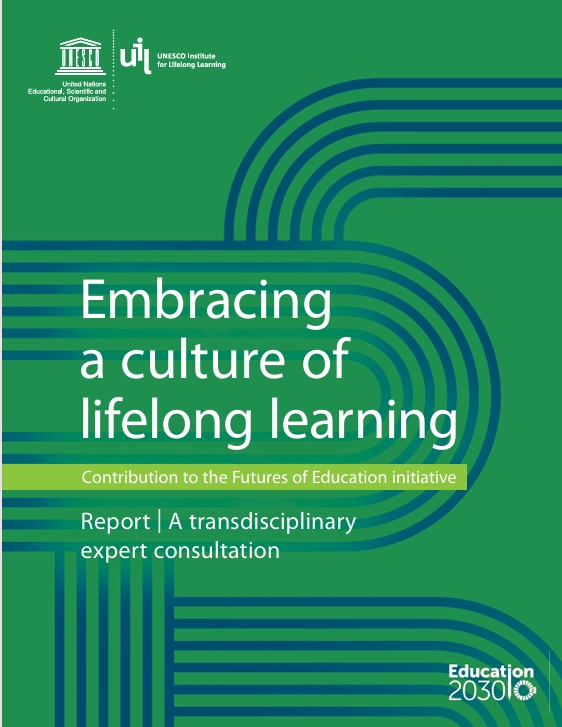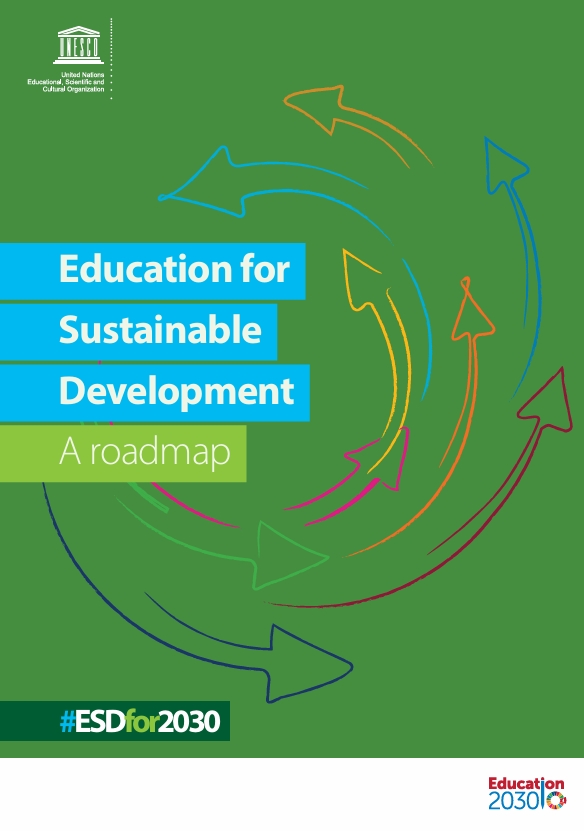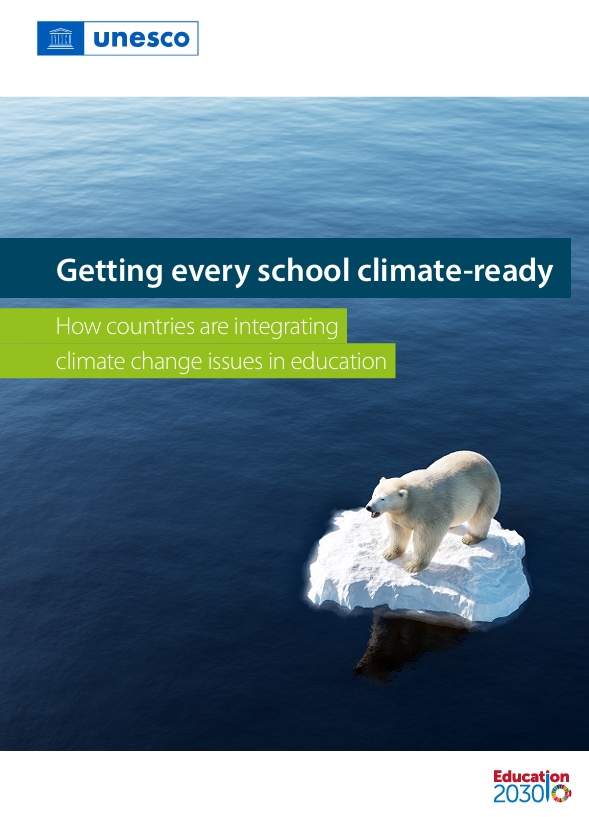This report presents a future-focused vision of education, emphasizing a major shift towards a culture of lifelong learning by 2050. It argues that the challenges humanity faces—stemming from the climate crisis, technological and demographic changes, the COVID-19 pandemic, and exacerbated inequalities—necessitate societies that view themselves as learning societies and individuals who see themselves as lifelong learners.
Realizing this vision requires a learner-centric, demand-led approach to education. This approach should enable learners of all ages and backgrounds to co-design and actively engage in any learning process and its outcomes to achieve their full potential. Consequently, learning to learn and managing one's own learning journey must become fundamental competencies.
Simultaneously, learning should be a collective process that values peer and intergenerational learning. This social dimension underscores the importance of learning to care for each other, for diverse communities, and for the planet. Learning opportunities should be accessible to everyone, with designs inclusive of the most excluded populations.
A globally built learning ecosystem should seamlessly integrate formal, non-formal, and informal learning, as well as diverse learning modalities, both online and offline. Such an ecosystem supports planned or spontaneous, individual or collective learning across all life stages. It relies on the free availability of educational resources—a concept known as the 'educational commons'—and open technology, while enhancing learning opportunities through reformed educational institutions, reinvented (public) spaces for learning, and revitalized workplace learning. Legal foundations and mechanisms should recognize lifelong learning as a human right, ensuring the recognition, validation, and accreditation of learning outcomes from various contexts, thus democratizing the negotiation of individual and social learning demands.
This vision can only be realized through an enabling environment. Securing basic needs and a robust social fabric are crucial for fostering lifelong learning and addressing educational gaps. Understanding learning as an inherent human capability that needs nurturing throughout life, including old age, is essential. Promoting learning among older individuals requires a pedagogical approach that acknowledges their societal role and fosters a more positive view of aging. Education should be seen as more than an economic transaction, recognizing both its public and private value. Building on the successes of the open-source movement and harnessing technology's power for all learners, including socially disadvantaged groups, is particularly important.
All these elements are integral to the 2050 vision for lifelong learning presented in this report and necessitate adequate funding, resource mobilization, and targeted policies and programs with a demand-led perspective.






